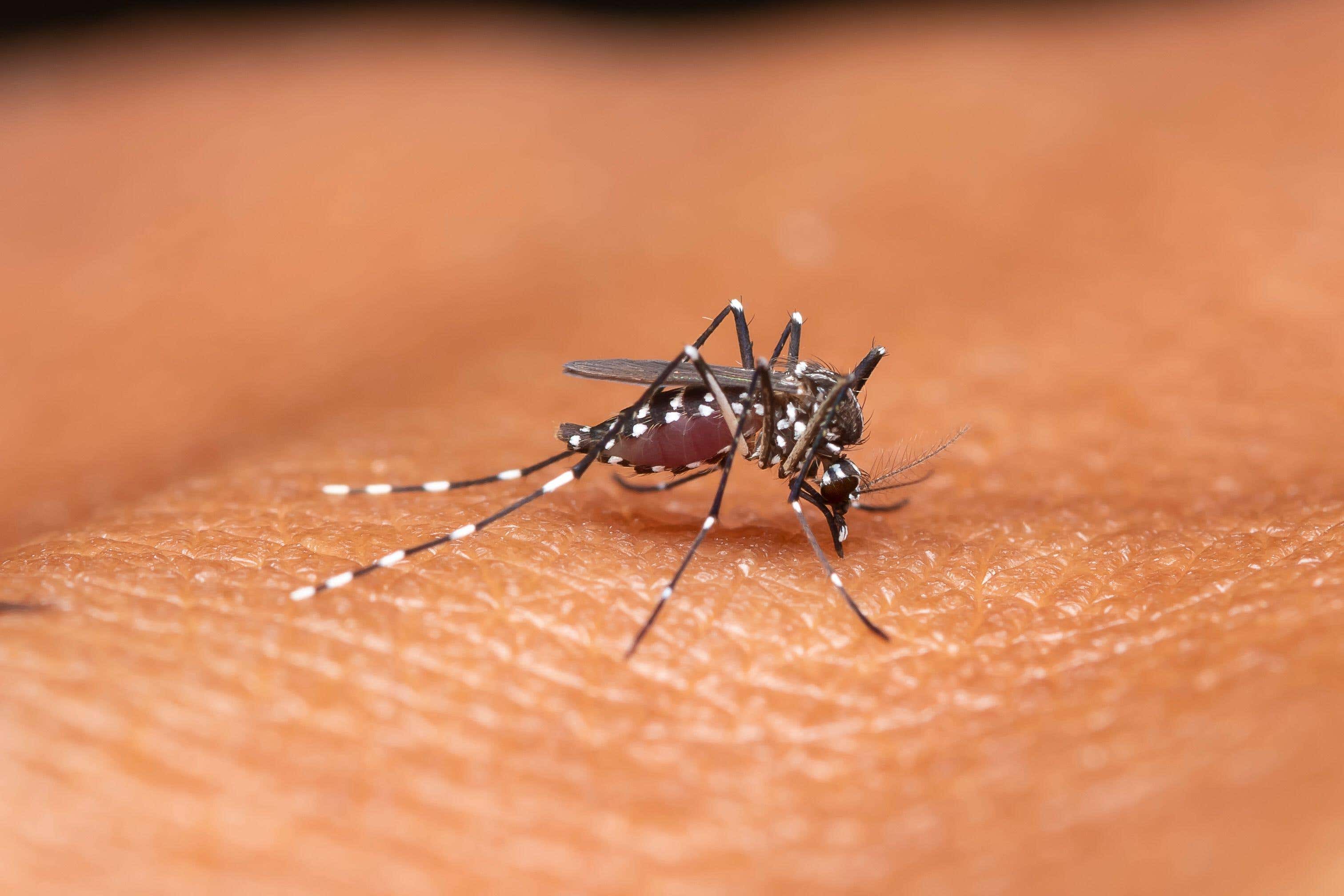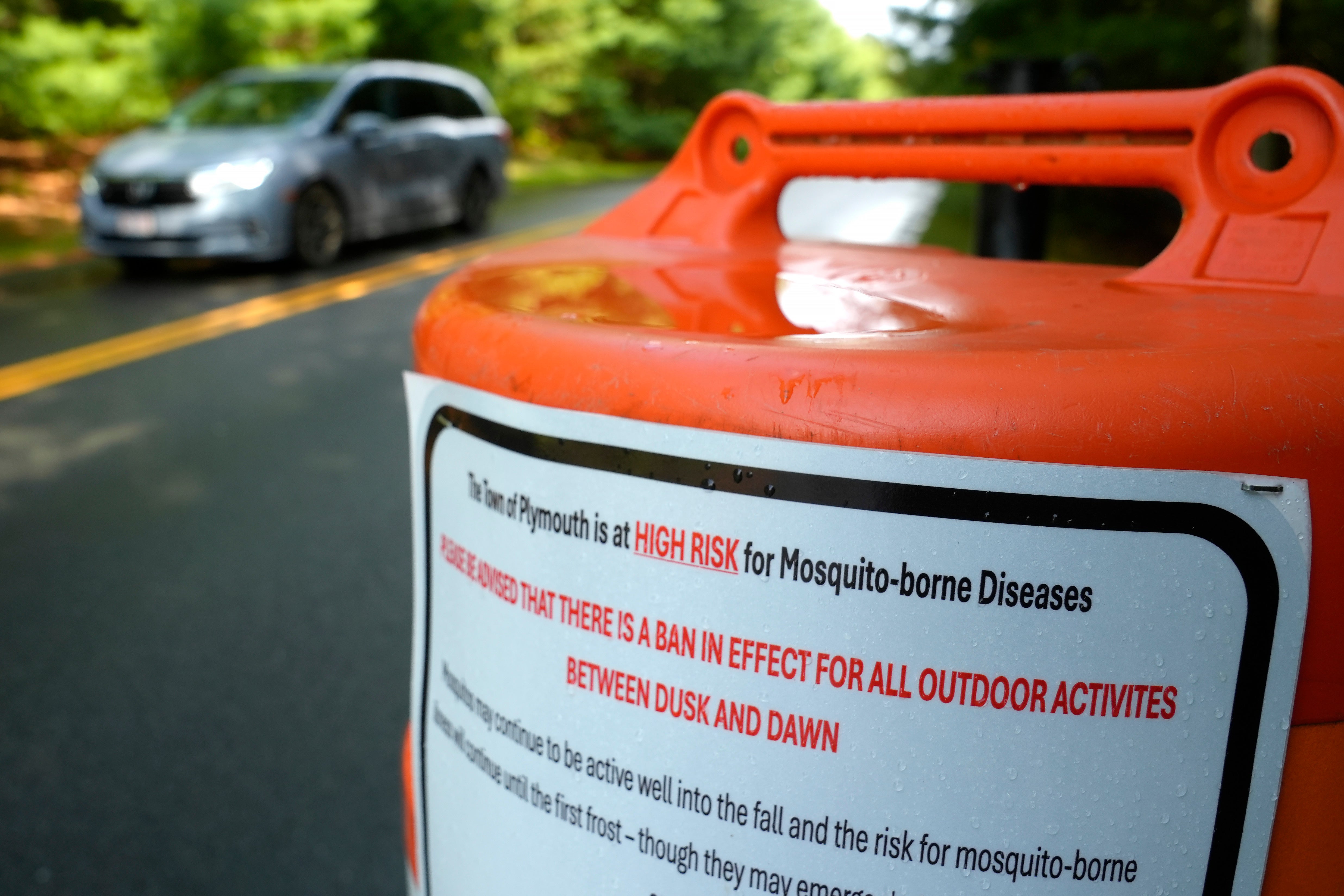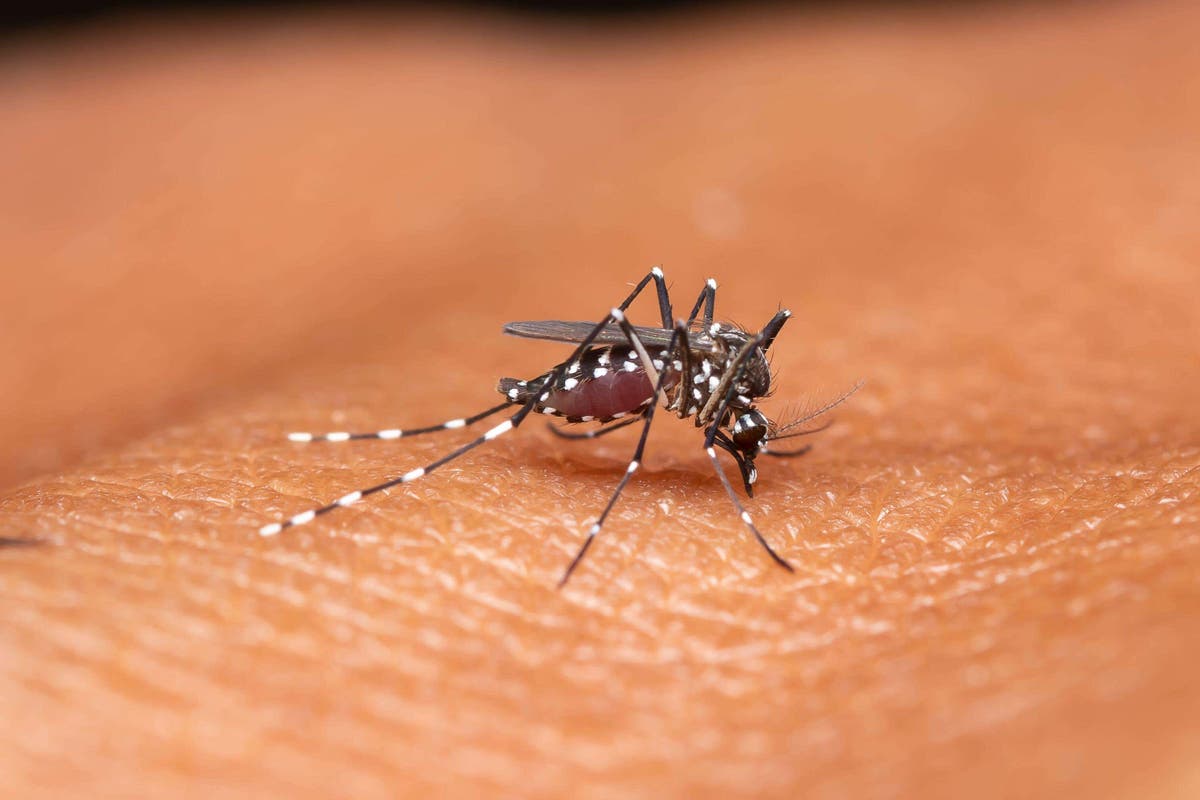Eastern Equine Encephalitis, a deadly mosquito virus, has put Massachusetts towns on high alert ahead of Labor Day Weekend.
Residents of Worcester County have been placed under a “critical risk level” by the Massachusetts Department of Public Health this week after a man in his eighties was infected there earlier this month. The department declined to provide further details on the case due to patient privacy.
Three Eastern Equine Encephalitis cases have been confirmed on the East Coast. Last year, there were seven cases, and the majority of all cases in the past 20 years have been recorded on the eastern seaboard.
The virus is rare, but incredibly serious. Spread through the bite of infected mosquitoes, approximately 30 percent of those infected die. Survivors are often left with neurologic problems. There are no vaccines or medicines to treat or prevent the disease.
On Tuesday, the New Hampshire Department of Health and Human Services said an adult resident of Hampstead had died after testing positive for Eastern Equine Encephalitis. The individual was hospitalized due to the severe central nervous system disease. The last reported Eastern Equine Encephalitis infection in the state was ten years ago.
In neighboring Massachusetts, the towns of Douglas, Oxford, Sutton, and Webster were listed as “critical,” and Dudley, Northbridge, Uxbridge, Boston, Abington, Brockton, East Bridgewater, Marion, Mattapoisett, Rochester, and Whitman were “high” risk level.
Last Wednesday, Oxford approved a controversial voluntary curfew that would have people head indoors at 6 p.m. through September 30. From the first day of October, the recommended curfew would begin at 5 p.m. until the first hard frost. The measures are to help people avoid peak mosquito hours from dusk until dawn.

People were also advised to take precautionary measures, including applying insect repellent, wearing protective clothing, and draining standing water where mosquitoes typically lay their eggs. Insect repellents containing DEET, permithrin, picaridin, IR3535, or lemon or eucalyptus oil are effective against mosquitoes but must be checked to see that they are safe before applying to children.
But some residents in Oxford were confused that these recommendations differed from those provided by state health authorities. The state health department advised that people consider rescheduling outdoor activities during evening or early morning hours in areas of high risk.
Individual groups also shared their precautionary measures.
The Town of Oxford Little League baseball team asked players to wear long-sleeved shirts under their jerseys, and for teams and spectators to spray themselves with mosquito repellent, according to a Facebook post. Players who wished to withdraw from the season would receive a refund, the post added.

In a separate Facebook post, the Town of Oxford said that private sports leagues would not be banned from using fields in the town, and any organization planning to play oustide beyond the curfew needed to contact the town’s Recreation Commission.
A little over an hour away, public parks and fields in the town of Plymouth have been closed from dusk until dawn since last Friday. Little leagues and other organizations are banned from continuing outdoor activities beyond dusk.
Trucks were used to spray pesticide in some Plymouth County neighborhoods last week. Health officials said that the pesticide used is an insecticide called Anvil 10+10, which is applied by an ultra-low volume spray machine.
Health risks from the insecticide are small, and the department said it is unlikely someone would be exposed to amounts that would cause adverse health effects. People with chemical sensitivity and respiratory conditions were asked to stay indoors.
Spraying at dusk was slated to continue on Tuesday in a number of Massachusetts counties. Aerial spraying from two small aircrafts will take place in Plymouth County and ground spraying will occur in southern Worcester County. In southern Worcester County, the towns of Northbridge and Webster received truck-based spraying.
While Massachusetts says the spraying is necessary to reduce human risk from the virus, the sprays will not eliminate it.








